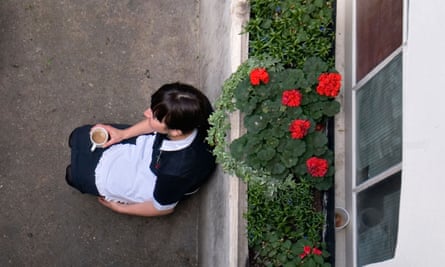The British government has been urged to strengthen modern slavery legislation after hotels were accused of a “lack of effort” in preventing forced labour and sexual exploitation.
In a damning report published this week, human rights group Walk Free said three out of four hotels in the UK failed to comply with basic legal measures intended to protect workers from debt bondage and other forms of modern-day slavery.
Commercial organisations with an annual turnover of more than £36m must publish, each financial year, a statement outlining how they plan to combat slavery and human trafficking under the Modern Slavery Act 2015.
The report identified 78 UK hotel companies that met the criteria. Four failed to submit any statement between 2016 and 2019.
Of the 71 major hotels that have submitted at least one statement in the past three years, only 18 were found to have met the minimum requirements of the act, which stipulates statements must be approved by the board, signed by a director and available through a link on the homepage of the company’s website.
The report showed that 48 hotel companies – two-thirds of those reviewed – did not disclose any information on the risks of abuse in their business operations and supply chains, although this information is not mandatory under the act.
Only six hotels have specific policies in their statement banning recruitment fees, which protect migrants from debt bondage. The most common form of modern slavery, debt bondage occurs when a person is forced to work to pay off a debt that increases exponentially. Only 10 hotels have similar policies to prevent sexual exploitation.

The report calls on the government to strengthen the act, enforce it effectively and hold non-compliant companies to account. It also urges the government to publish a list of companies required to report under the act and create a body to monitor corporate compliance.
Jenn Morris, CEO of the Minderoo Foundation’s walk free initiative, said that – four years into the act – “hotels are failing to meet the legal reporting requirements, let alone moving beyond compliance to protect against modern slavery risks”.
“It comes down to two things: a lack of commitment by hotel companies to do the right thing, and a failure of the UK government to hold companies to account,” said Morris.
Sara Thornton, the UK anti-slavery commissioner, said: “Compliance with the reporting requirements of the act remains a significant issue and the quality of statements varies enormously. This is true of the hotel sector, where complex supply chains and seasonal labour present additional challenges, potentially increasing the risk of modern slavery taking place.
“It is disappointing that only 25% of hotel companies in scope of the act are found to meet the minimum requirements. I hope the information revealed by this report goes some way towards alleviating this risk.”
The report said that the risk of exploitation within the hotel sector is particularly high “due to its vulnerable workforce, complex supply chains with little transparency, and limited oversight from brands and multinational hotel companies as a result of extensive franchising”.
The hotel sector employs 292 million people worldwide. Citing figures from 2016, the report said more than 40 million people were working in slave-like conditions, of whom 16 million were in forced labour in the private sector.
The report, published on Wednesday, was produced in partnership with WikiRate, a non-profit organisation that seeks to make corporate responsibility data accessible, the Business and Human Rights Resource Centre, a global organisation campaigning for human rights in business, and the Australian National University.







